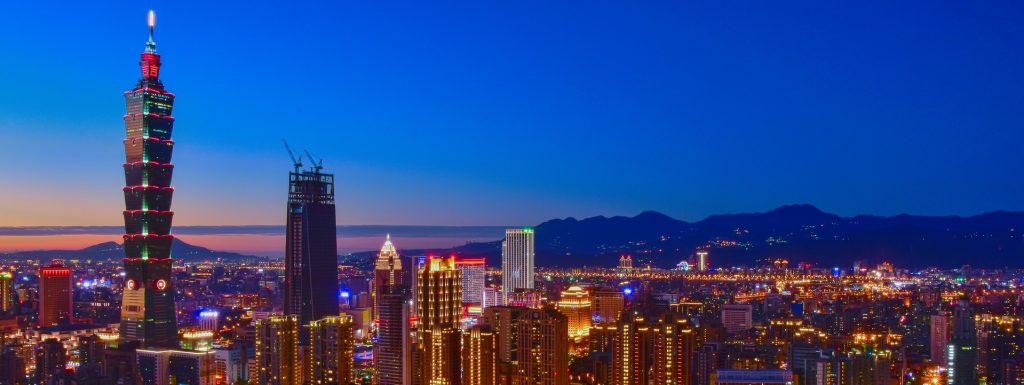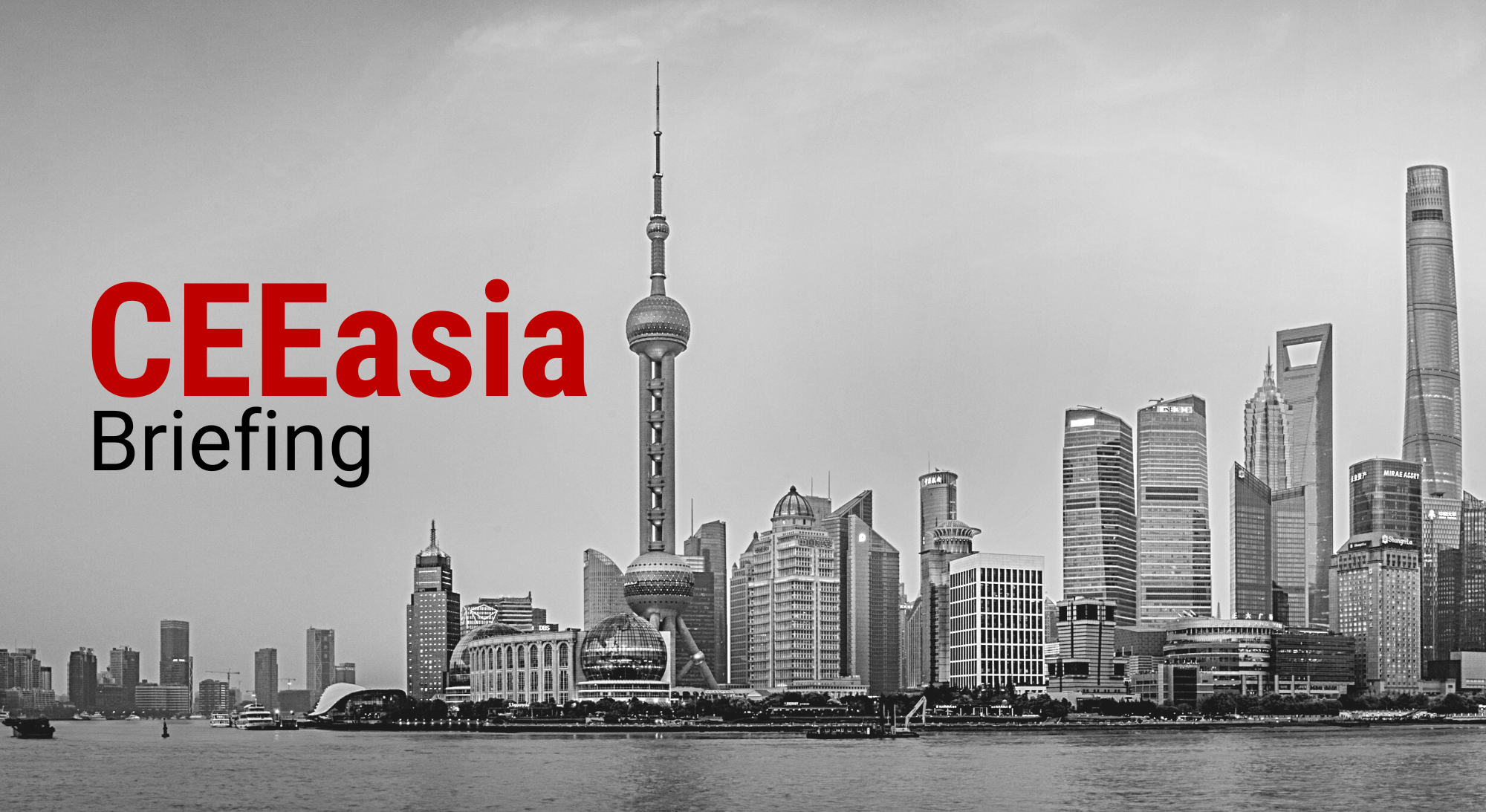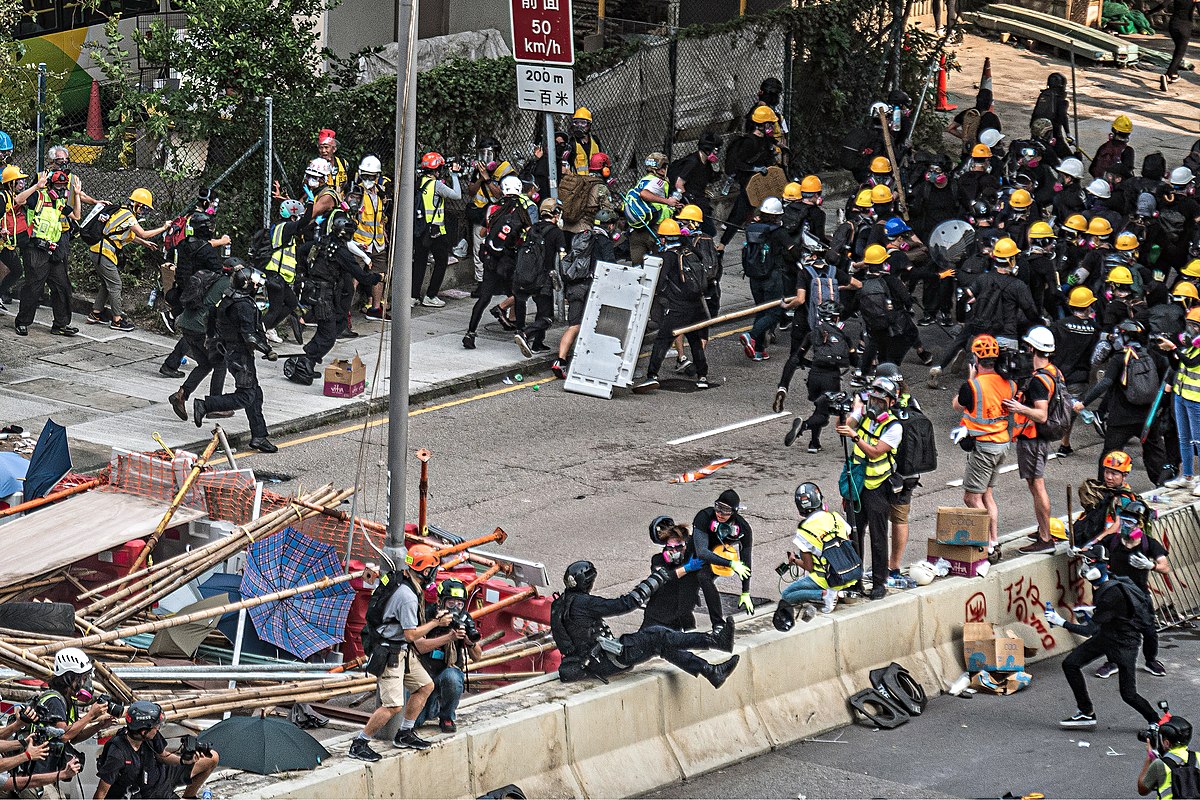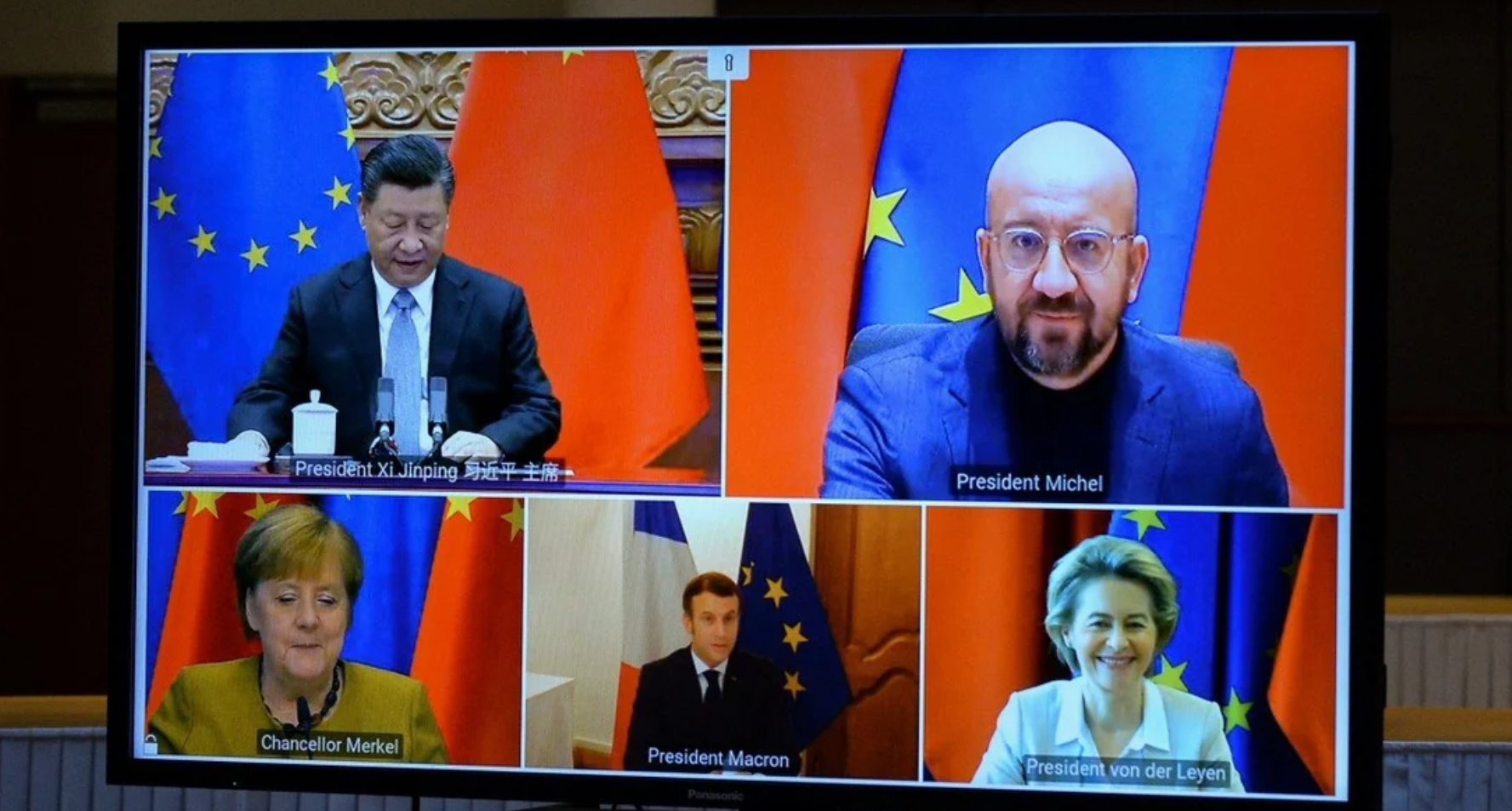Our intern, Ľubomíra Bodnárová, has interviewed two young Taiwanese tourists, Nian Hsuan Lee and Yang Chung-Han, who attended one of the seminars organized by IAS on 26th October 2017 in Bratislava. After this seminar, they expressed their wish to talk about their thoughts, so they met two days later to make this short interview.

Where are you from?
Lee: I am 24 years old and I am from Taipei.
Han: I am from Taichung. I am 26.
How did you find out about our seminar (26 October 2017 in Bratislava)?
Lee & Han: We were just walking around the old town when we saw the poster in front of the University Library. We didn’t understand what was written on it, but we knew it had something to do with Taiwan.
What are your general thoughts on the seminar? Did you like it?
Lee: The speakers mentioned everything we have learned in high school. It was as if from a Taiwanese history textbook. I was surprised they did not talk more Taiwan-EU relations.
Han: To me, some information was too basic and some unnecessarily detailed.
What would you talk about?
Han: If I had the chance, I would talk more about the beautiful parts of Taiwan and also the many problems we are facing right now. We have undergone a huge economic development, but we have also destroyed our environment, many of our workers got injured, and factories have polluted the air. To me, it is important to talk about this… Also, when we talk about our food, the food is delicious and cheap, but it is also bad that it is that cheap, because low prices mean low salaries. So, if I were to introduce Taiwan, I would try to share more about our problems and remind people of similar issues in their countries. When we travel, we not only want to learn about the nice places and things, but also about the problems of each country. I was a bit perplexed by hearing that “miraculous growth” had been achieved by emphasis on education. It is not just that. Yes, education is important, but students in Taiwan are not very happy. They are under enormous pressure to have good education and work hard. Our students perform very well, but for what price?
Lee: Life in Taiwan is very convenient, but to have such a life, we had to sacrifice our nature. I would talk more about what other Taiwanese people think about our government and the economic situation. Maybe people think that in East Asia people do things more efficiently, that people are satisfied with their leaders, but it is actually the same as everywhere elsewhere – there is pressure, corruption, etc.
How would you describe life in Taiwan nowadays?
Lee: We are the younger generation, so finding a job the first problem. Then there is the problem with low wages… Newcomers in companies have very low salaries. The middle-aged group of people gets more benefits. It is hard for younger people to build a carrier. Young people think the older generation is occupying their positions, and the older generation thinks young people only whine and don´t do much. Long working hours are another thing–a lot of my former classmates and colleagues often work over-time without getting paid and they cannot leave their offices before their bosses do. The good things in Taiwan are safety, convenience, 24-hours stores, where you can buy coffee, pay your bills and mail a package at any time of the day.
Han: In Taiwan, it is not so hard to find a job as in other countries, however, it is not easy to find a good job. People in Taiwan are generally nice, food is delicious, and the streets are safe. It is common to drive a scooter and if we sometimes forget out keys, by-passers hide them for us somewhere in the scooter, so nobody else could steal the scooter.
What do you think about your President? What do you think she does well and what you would like her to do differently?
Han: I personally do not really care. To me, it is not about her but about the government. In Taiwan we are used to thinking that once someone becomes president, the country becomes his/hers, but this is not true. So, to me, all politicians were very good before they got elected. Even if they are trying to help, it is too hard to put good things to action, if other people do not agree with it.
Lee: I do not have a big impression on her work, but I hear a lot of people complain about her that she should have done more and they are questioning her decision to cooperate more with Southeast Asian countries instead of only with China. Now, the government is saying they want more trade with Southeast Asia, but people are saying China is more important for our economy. The former president and government were from the KMT and came originally from China, whereas the current government belongs to a local party, thus many people expect changes. However, we don’t see any big differences apart from issues concerning China.
There are about 10% of people in Taiwan who would like to unite with China, what are your thoughts?
Lee: I do not know anyone. I think this is a generation problem. For example, my parents still accept thoughts originating from China and they think we will unify again.
Han: I know very few such people. From my observation, those who have businesses in China are more likely to be in favor of unification. It would be easier for them to make business and make money there.
Have you ever been to Mainland China? What do you think about China?
Han: I have. I was there 10 years ago, I am sure things have changed a lot. Urban planning there is very effective but cruel. In China if they want to do something, they simply do it and people have to shut up about. In Taiwan, you have to wait for a long time and eventually may never get the chance to do it.
Lee: China has a better infrastructure since they can use their absolute power there.
What is the future of Taiwan?
Han: I think the future is bright. Our politics are getting better. They still need some improvements, but it is better than it was before.
Lee: I would like to mention the Sunflower Movement from 2014. Because of the ECFA agreement between China and Taiwan, there was an outrage and people broke into the parliament and have occupied it.
Han: The events did not change the agreement, but they influenced young people who finally started to care more about politics.
Lee: Many of our friends started various groups after this movement. The non-governmental sector is much stronger now.
Han: Also, when it comes to social problems–before, if it was too big of a problem, people used to let the government handle it, and now people understand the government will not do anything and they have to find a way how to do it. This is new for Taiwan.
Why did you decide to travel?
Han: I want to travel around the world to talk about Taiwan and learn about the world. I am like a journalist: I want to meet inspiring people and write their stories, so I can inspire other people.
Lee: Traveling for me is an opportunity to get to know different ways of living. I do not want to visit all the tourist traps, I want to spend time with people and get to know their points of views on various topics. Their stories can be very inspiring.






